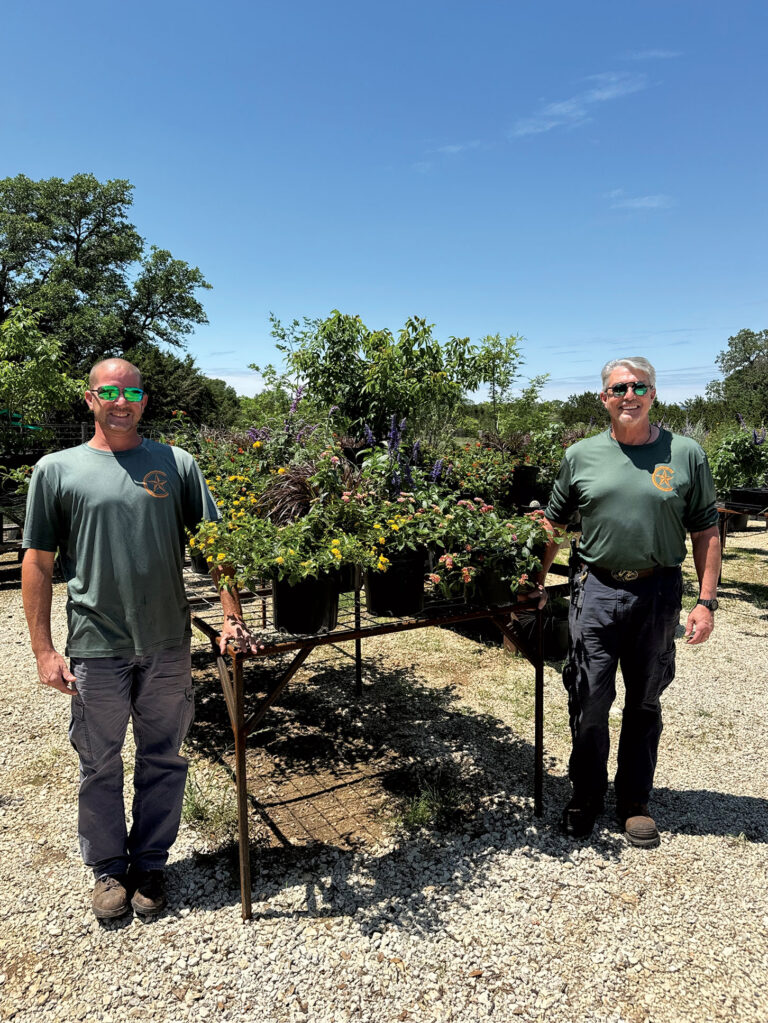By:
Tamra Christiansen, Director of Fitness and Wellness
Tips for Decompressing After the Holidays
“Did I get everyone on my list a gift?
Did I miss anyone? Will they like it?”
“When my in-laws come over, we have to do this, this and this … my mother in-law doesn’t like the décor in my house and why does she have to say anything about it in the first place?”
In this article, I will be talking about six ways to de-stress after the holiday mess.
1. Deep Breathing
Take a deep breath in. Now, slowly breathe out a sigh of relief. Do that again. And one more time, really feeling the air expand your entire rib cage like a balloon and, as you release the air, allowing your ribs to deflate. How do you feel? More relaxed, perhaps lighter? Breathing is an accessible tool readily available to you anytime you need it. Breathing allows for muscle relaxation, is proven to reduce anxiety and stress instantly, lowers blood pressure, activates your parasympathetic system (rest and digest system) and has many other benefits. Something so simple as breathing allows us to feel calmer, more connected with ourselves and less stressed. There are so many breathing patterns and apps out there to assist with methods of breathing. Whether it is the Box breathing pattern, the 4-7-8 pattern or the 3-6-9 breathwork pattern, you will feel better for it.
2. Let That Stuff Go!
Life is enjoyable and fun. In the same breath, (pun intended!), it can be stressful and messy. Appreciate — really appreciate — the good that happens in your life. Don’t waste time and energy thinking you can control the uncontrollable. There are things you have in your control verses, well, the opposite. Think of the Serenity Prayer. This is also the second tip for stress relief. Once you realize what “is what it is,” and what is within your control, you automatically have a proverbial sigh of relief. We don’t have to carry so much.
We put so much pressure on ourselves and sometimes it is because we refuse to let go of control. Yes, we like things done a certain way. Asking for help, even when it means things will be done differently than what you like, takes some of the pressure off of you. We must ask ourselves the hard question: do I try to do everything by myself because of pride or ego? Including others in chores, tasks, etc., allows others to give you the gift of their time, creates inclusivity and relieves you of undue burdens. Remember to ask others how they deal with stress and share your strategies. You might learn something new and help someone else, which cultivates kindness.
3. Strrrrrrrretch and Move!
Start when you first wake up and stretch your entire body by extending your arms up or out, and your legs as well. Move your hands and feet in small circles, both giving your body subtle ways to wake up and injecting your joints with synovial fluid: the “tin man’s oil can.” Stretching gives the body mobility, blood flow and general healthy movement. It has been said that stretching is one of the top ways to longevity because it keeps us moving well. Moving well allows us to move more and we feel good about it. This is another readily available tool you always have with you. Flexibility is part of the workout, so remember to stretch afterwards. Going for a walk has so many benefits, such as relaxing the mind in nature, getting the blood flowing, helping your mind sort out the issue at hand and so many more.
4. Quality, and also Quantity Sleep
A good night’s rest allows the body to heal on a cellular level. Sleeping well means having a clear mind for the next day. Getting six but preferably eight hours of sleep is vital to your mental, physical and emotional health. It lowers the risk of many diseases, some being diabetes and heart disease. Here is a simple formula for getting true rest: 10, 3, 2, 1, 0
– Ten hours before bed: reduce caffeine consumption. Caffeine stays in the system seven hours!
– Three hours before bed: no food or alcohol. Alcohol might make you feel sleepy, but it is sugar, so it keeps the mind from resting well.
– Two hours before bed: no work or worry. Settling into your bedtime routine is vital to quality sleep. Work wakes the mind all over again and makes resting feel impossible. The things that you need to tackle tomorrow will be there … tomorrow. Take care of yourself so you can effectively handle your day.
– One hour before bed: no screen time. The light and the pixels keep your mind and body active and awake. This hour is a great time to start dimming the lights, take a relaxing bath or shower, reflect and journal, do a short and calming stretch session (even if in bed) and meditate. Try it for a week and let me know how it works for you!
– Zero: how many times you hit snooze in the morning. REM is the dream stage of sleep — a deep part of our rest. Hitting snooze disrupts this pattern over and over, making us feel groggy and foggy through the day. Moving the phone or alarm clock away from your reach helps you get up and get on with a good day.
5. Journaling
Writing your thoughts down has been proven effective for relieving anxiety and stress. It allows you to release what your thoughts are holding captive. Pen to paper is physically and emotionally releasing, but if using a computer or phone to journal works better, use it. Writing down the things that stress you helps release the mind so you can focus on the things that matter. Stress thoughts will wreak havoc on your focus and sleep if they are left on replay all day, every day. Journaling gives you a chance to reflect on what happened during your day or week. There is science behind reflecting. It gives your mind the chance to look back on what you did, what you can do better and how much you appreciate things. Which brings me to number 6 ….
6. Being Grateful
Having gratitude is a proven defense against grumbling and complaining. Be thankful for the smallest of miracles in your life as well as the big wins. It is easy to get into the habit of complaining. Start with a 5-minute habit of reversing the complaints and finding a blessing to replace it with. Complaining only ages us and brings the immune system down. Yes, I agree that there are so many things to dislike and ways voice those feelings. In the same breath, reread the first tip (wink) — practicing gratitude is proven to fight depressive feelings. Life is too short to miss out on the good in your life and in YOU as a person.
Get out there into 2024 and show this year who is boss! Take a deep breath as you stretch your arms in a gratitude-filled gaze at the beautiful blue Cordillera skies!
Tamra Christiansen is the Fitness and Wellness Director at The Clubs of Cordillera Ranch. She can be reached at tchristiansen@cordilleraranch.com and 830.336.9184.






